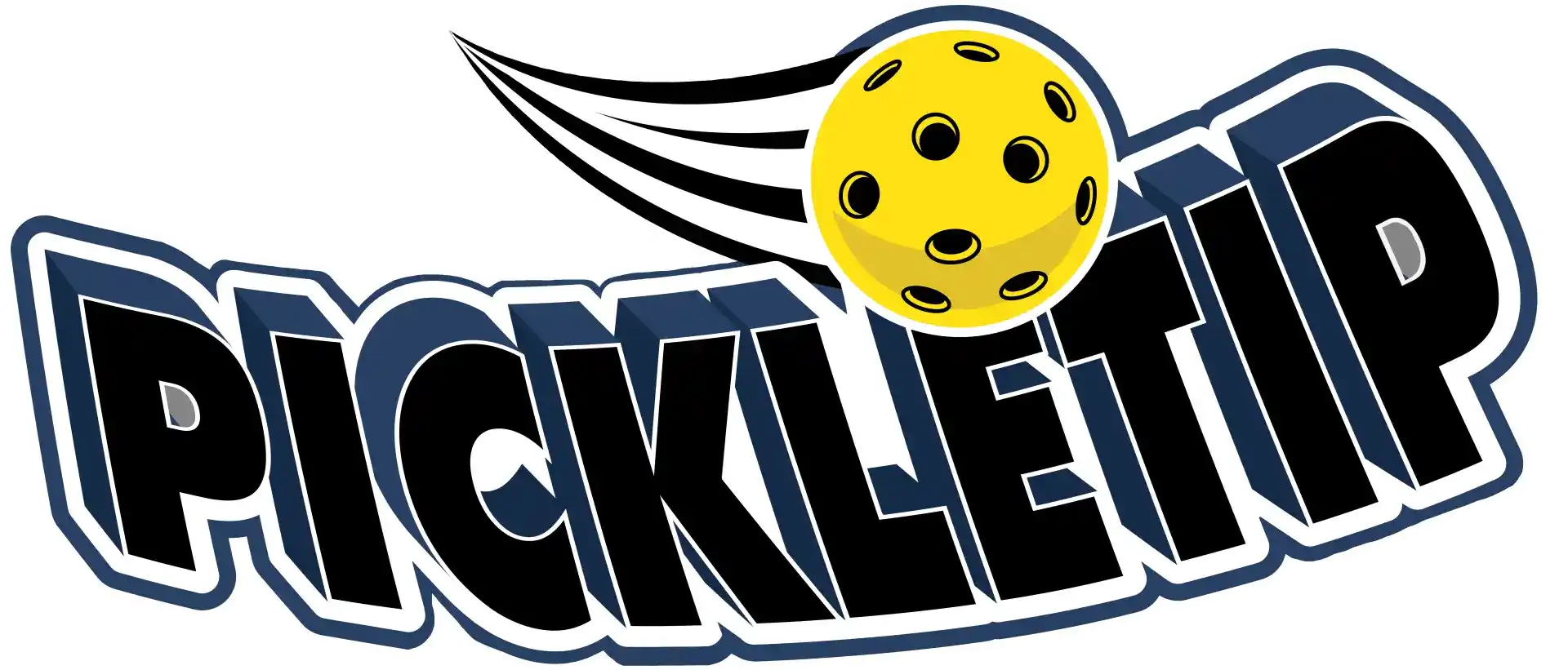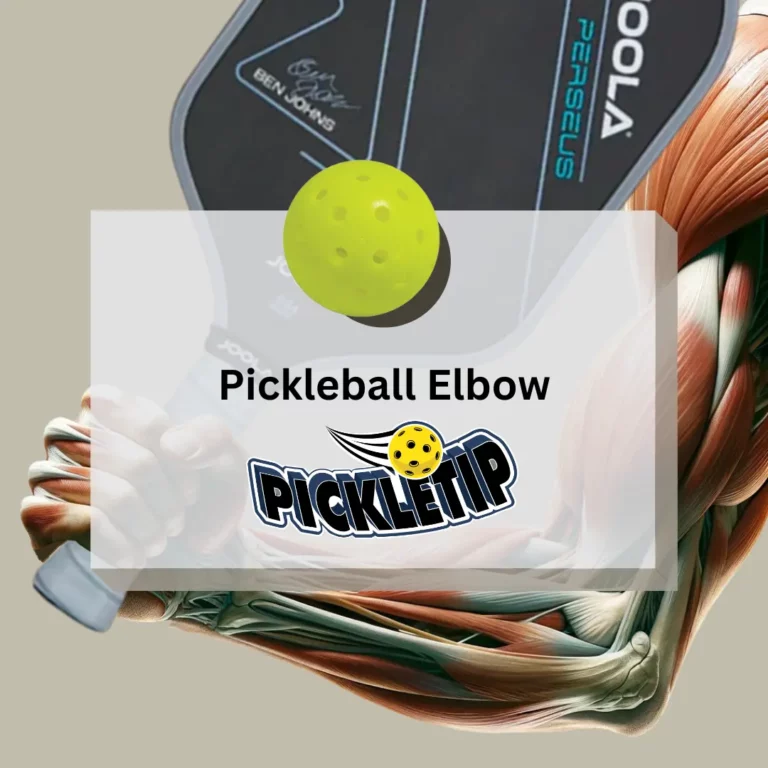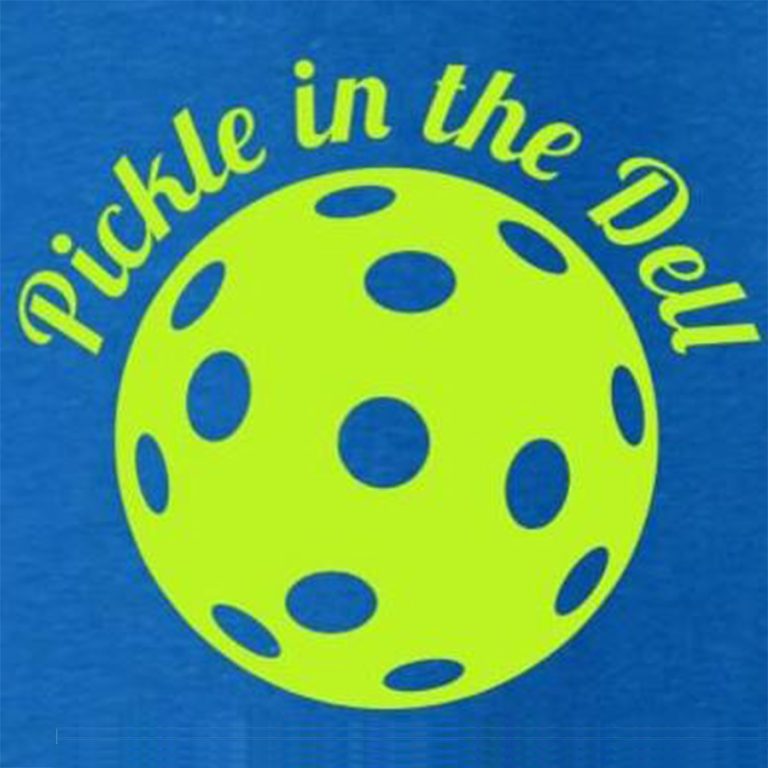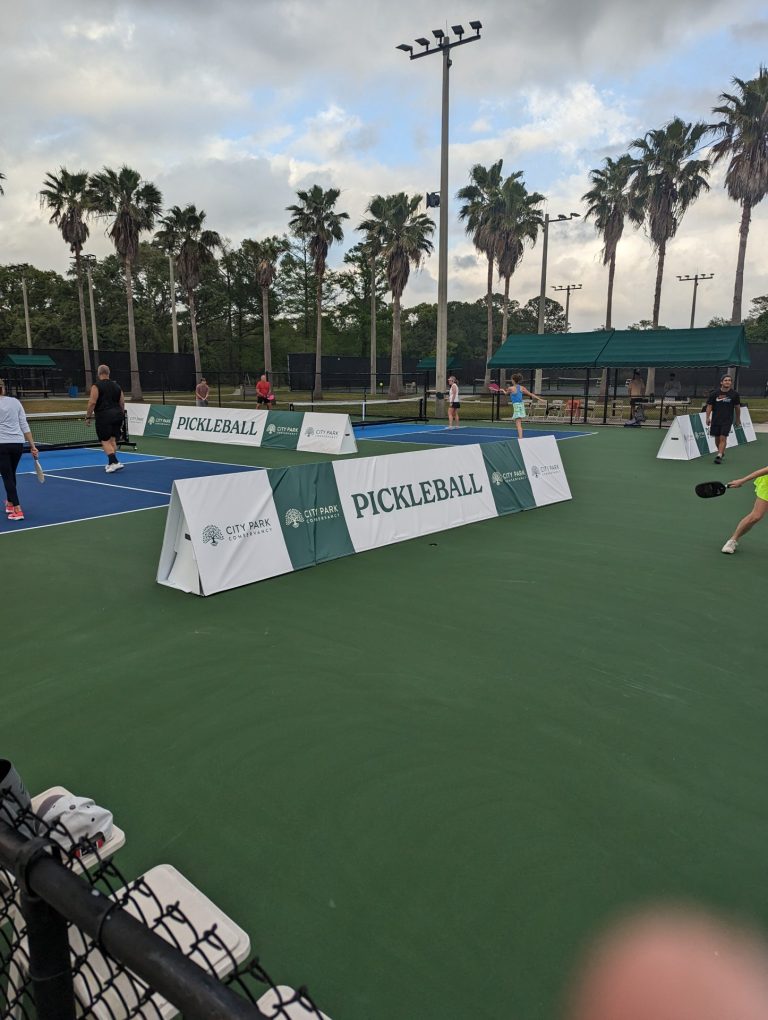Distraction in Pickleball: Navigating the Gray Areas

The Incident at the Exchange NOLA: A Catalyst for Debate
During a recent game at the Exchange NOLA, a simple shout of “My Bad” after a poor pop-up became the center of a heated debate. Was it a genuine distraction or a mere excuse for a missed shot by the opponent? This incident serves as a reminder of the complexities surrounding the rules of distraction in pickleball. What is a Distraction in Pickleball?
Decoding the Rules of Distraction
The official pickleball rules, specifically “3.A.6. Distraction” and “11.J. Distractions”, provide guidelines on what constitutes a distraction. However, their subjective nature leaves room for interpretation, especially in the absence of a referee during recreational play.

Partner Communication: A Double-Edged Sword?
While communication with one’s partner is crucial for coordination, it’s vital to ensure it doesn’t inadvertently distract opponents. Phrases like “back up”, “watch out”, or “bad ball” might seem harmless, but from an opponent’s perspective, they could be perceived as intentional distractions. The referee handbook further clarifies that distractions are actions ‘not common to the game’. So, while saying “Watch out!” might be acceptable, yelling “Boo!” to throw off an opponent would not be.
Distraction in Pickleball: The Challenge of Interpretation and Intent
The element of intent is central to the distraction rule, making it unique and challenging to enforce. How do we gauge intent, especially in recreational play without referees? For instance, groaning after every hit or alerting a partner with a “my bad” shout can be seen as regular communication. However, if the intent behind these actions is to throw off the opponent, it becomes a rule violation.
Recreational Play: A Self-Regulated Domain
Recreational play, though informal, demands respect for the game’s rules. Every player acts as a referee, ensuring the game’s integrity. Familiarizing oneself with the official rules, available at USAPickleball Official Rulebook, can help mitigate issues arising from individual interpretations.
Distraction in Pickleball: Striking a Balance
While the rules provide a framework, the spirit of the game lies in sportsmanship. The incident at the Exchange NOLA ended with a replayed point, emphasizing the importance of fairness. As players, it’s our responsibility to strike a balance between effective partner communication and ensuring we don’t unintentionally distract our opponents.








Please post your thoughts on this situation. In a tournament, we were given two balls for the match. When I changed from the ball we started with to the second ball, one of the opponents told me I couldn’t do that. She said we have to play with the same ball, unless the first ball cracked, then we could play with the second ball. She claimed it was in the rules. Thoughts?